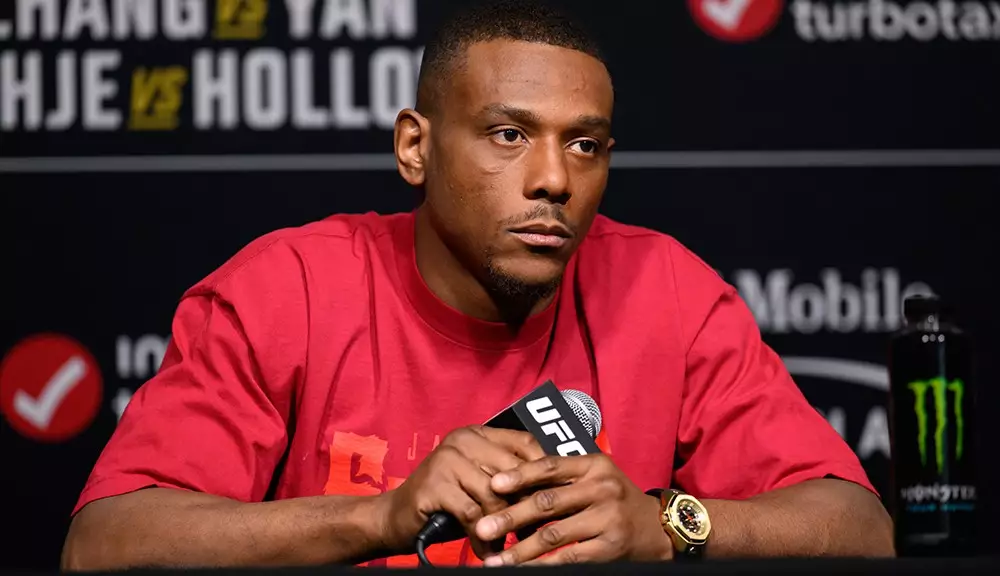In the world of mixed martial arts, reactions during fights can often be misconstrued, and this was the case for Jamahal Hill during UFC 307. Hill’s presence at the event was notable as he watched light heavyweight champion Alex Pereira claim a dramatic victory over Khalil Rountree. However, the post-fight scrutiny of Hill’s seemingly disinterested yawn has brought to light the complexities of human expression under the lens of public fandom and media narratives. Hill’s defensive remarks regarding his reaction indicate a broader conversation about how athletes are interpreted by audiences and the media.
Following the fight, media outlets and fans quickly pounced on Hill’s yawn, interpreting it as indifference to the highly anticipated showdown. Hill expressed his frustration over the lack of context surrounding his reaction. His comments highlighted a significant aspect of sports commentary where little nuances, like a casual yawn, can spiral into misinterpretations that may tarnish an athlete’s image. Hill underscored that, despite the unfortunate perception of boredom, he never conveyed that he found the fight dull. Instead, he suggested that his yawn was an indication of a pre-predicted outcome based on the match’s course.
Hill’s yawn, which many took at face value, actually stemmed from his analysis of the match. Prior to the bout, he hinted at his belief that Pereira might struggle against a southpaw fighter like Rountree. His subsequent comments reflected a fighter’s mindset, implying that while the match had its moments of entertainment, he wasn’t particularly impressed with what he witnessed. The fact that Hill was not mic’d up, as he noted, further emphasized the challenges in communicating emotions and reactions effectively during live events. In the fast-paced sports environment, subtle expressions can be misread, leading to unintended public relations challenges.
The Role of Social Media in Shaping Narratives
Hill’s situation also serves as a critical reminder of how social media can exaggerate misunderstandings. A brief, unfiltered clip can easily morph into a larger narrative, often straying far from the truth. Hill himself remarked on this phenomenon, lamenting how audiences rush to judgment without considering the broader context. As athletes find themselves increasingly scrutinized in the digital age, the responsibility also falls on fans and media alike to seek more comprehensive interpretations before forming an opinion.
As Jamahal Hill navigates the backlash of his misinterpreted yawn, it underscores the need for better communication and understanding within the sports community. Fighters, fans, and media must engage in a dialogue that respects the complexities of human expression and the high-stakes environment of competitive sports. In doing so, we can foster a greater appreciation for the art of fighting and the individuals who dedicate their lives to it—all while avoiding the pitfalls of over-simplified narratives that can arise from moments like a yawn.

